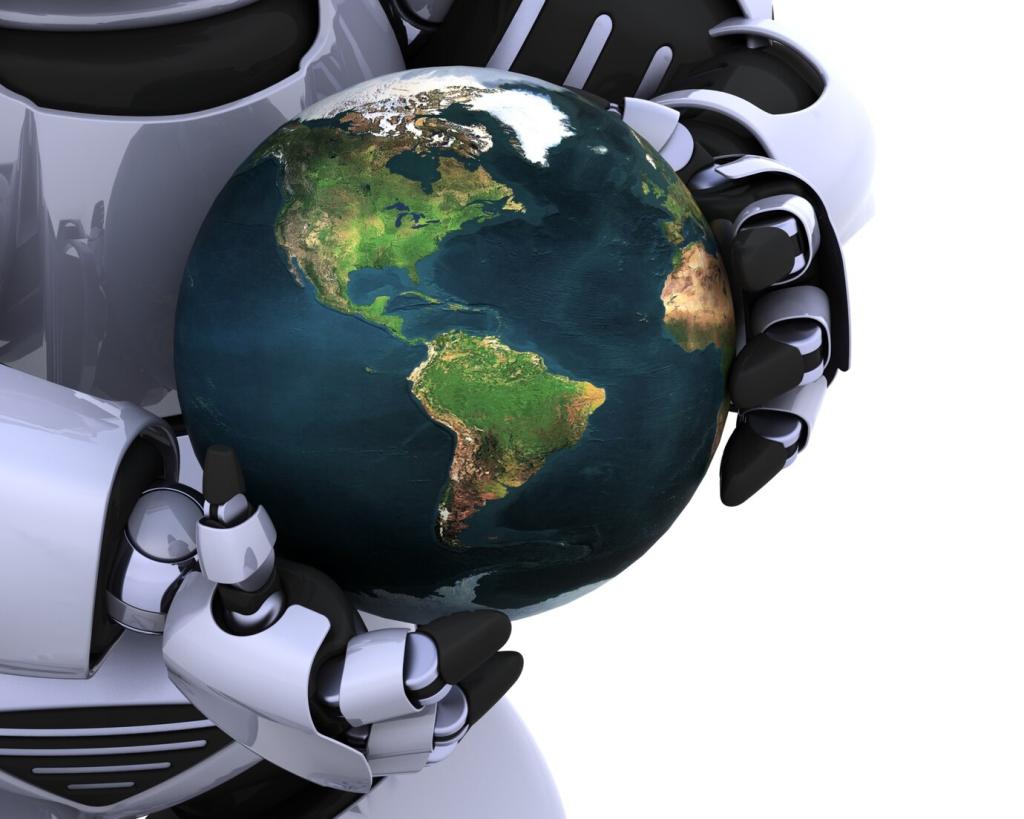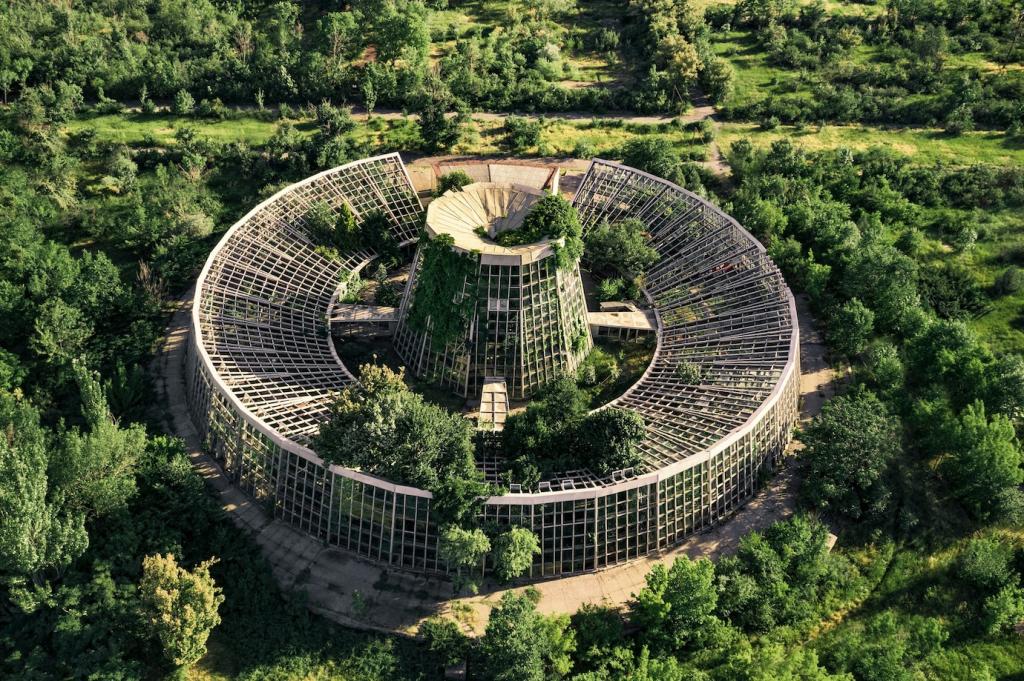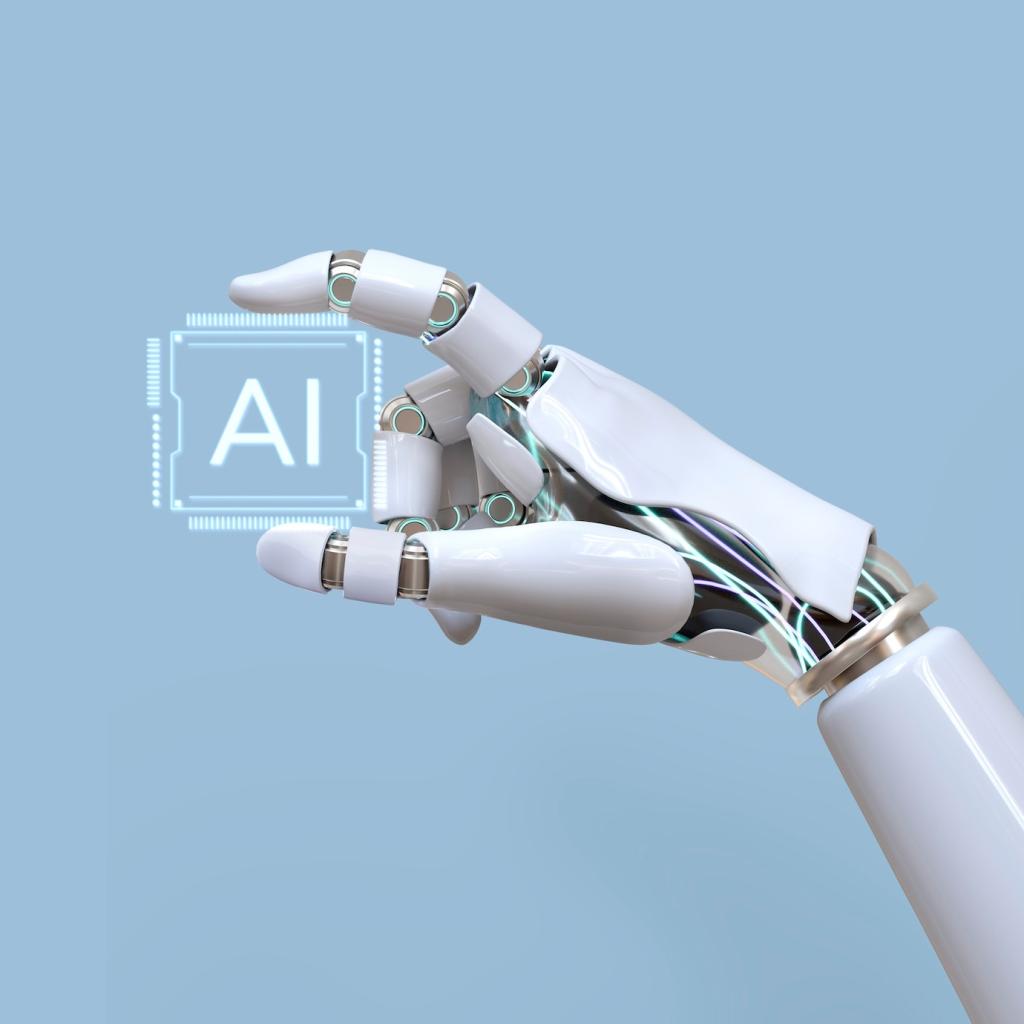Artificial intelligence is reshaping the landscape of modern manufacturing by enabling more sustainable and environmentally friendly practices. Through the integration of advanced algorithms and machine learning, manufacturers are now able to optimize resource use, minimize waste, and reduce energy consumption at unprecedented levels. This transformation is not just improving operational efficiency but is also helping companies to meet global environmental standards and expectations for greener manufacturing. Here we explore the pivotal ways AI is supporting eco-friendly innovations within the manufacturing sector.

Previous slide
Next slide
Waste Minimization and Recycling Innovation

Automated Quality Control
AI-powered vision systems inspect products with higher accuracy than the human eye, immediately detecting defects and deviations in real time. By catching errors as soon as they occur, manufacturers can correct problems at the source, preventing large batches of faulty products and associated waste. Enhanced quality control aided by AI thus contributes to both environmental and economic sustainability.

Smart Recycling Systems
AI is revolutionizing recycling within factories by sorting materials with exceptional precision. Advanced machine learning algorithms can distinguish between various types of waste—organic, plastics, metals, and more—and direct each to the appropriate recycling stream. This not only maximizes the reuse of materials but also significantly reduces the amount of waste that ends up in landfills, positioning smart recycling as essential for future-ready sustainable manufacturing.

Closed-Loop Production
Through the analysis of production data, AI helps establish closed-loop manufacturing systems where waste or by-products from one process become raw materials for another. By connecting different stages of production and creating a feedback loop, AI enables near-zero waste manufacturing. These closed-loop systems represent the cutting edge of sustainability, turning what was once discarded into new streams of value.
Energy Optimization and Emissions Reduction
AI-driven platforms are capable of monitoring energy usage across entire production facilities at a granular level. By identifying peak consumption periods and uncovering inefficiencies, they recommend immediate adjustments—such as powering down idle equipment or shifting energy-intensive tasks to times when renewable energy is abundant. This real-time insight is key to reducing the carbon footprint of manufacturing operations.
Previous
Next
